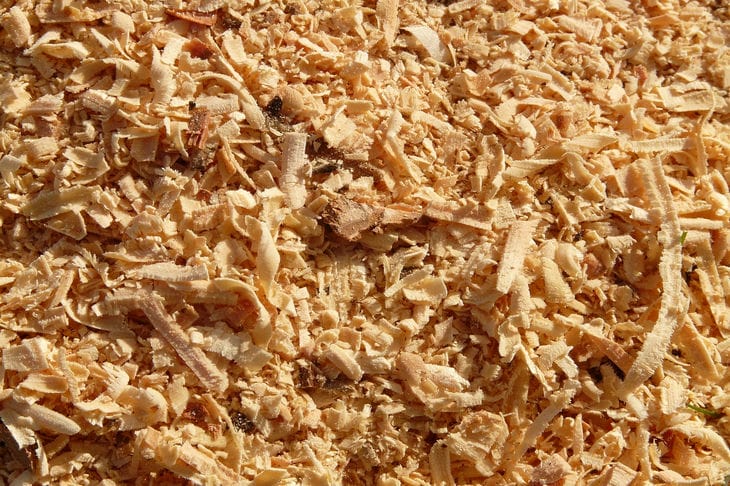Should You Use Sawdust in Your Garden: Benefits or Harm
Sawdust is one of the most discussed materials used in gardening and horticulture.
Many gardeners ask themselves: are sawdust useful for our plants or can they cause harm?
In this article, we will analyze various aspects of using sawdust in the garden and debunk myths and prejudices to reveal the whole truth about this material, says Anastasia Kovrizhnykh .
Benefits of sawdust
1. Moisture retention: Sawdust can be used as a mulch to retain moisture in the soil. It creates a protective layer that helps prevent moisture from evaporating from the soil, especially during hot periods. This is especially useful for shallow-rooted plants such as vegetable crops.
2. Reduced Weed Incidence: Covering your garden beds with sawdust can help reduce weed incidence.

Sawdust creates a barrier that makes it difficult for weed seeds to germinate and limits light access, which helps suppress their growth.
This can make gardening much easier and reduce the time spent weeding.
3. Soil improvement: The gradual decomposition of sawdust in the soil helps to improve its structure and fertility.
Sawdust enriches the soil with organic matter and promotes its air permeability.
In addition, they can improve drainage and prevent excess moisture from accumulating in the root zone.
4. Protection from overheating and drying out: sawdust serves as a natural insulator, helping to protect plants from overheating and drying out.
They create a barrier between the soil and the environment, helping to maintain optimal temperature and moisture for the plant root system.
Harm from using sawdust
1. Decomposition and Nitrogen Extraction: One potential drawback of sawdust is its potential to decompose, which can lead to the extraction of nitrogen from the soil.
Sawdust is rich in carbohydrates and requires nitrogen to decompose. Therefore, when using sawdust, especially fresh ones, it is recommended to add additional nitrogen fertilizer.
2. Risk of increased soil acidity: Sawdust may contain tannins, which can increase soil acidity as it decomposes.
This can be a problem for some plants, especially those that prefer neutral or alkaline soil.
Therefore, before using sawdust, you should check the acidity level of the soil and take appropriate measures if necessary.
Sawdust is a versatile material that can bring many benefits to the garden.
They help retain moisture, reduce weeds, improve soil and protect plants.
However, potential disadvantages such as decomposition and nitrogen removal or possible increase in soil acidity should be considered.
The general advice is to use sawdust in moderation and maintain balance in the soil to achieve the best results.
Ultimately, proper use of sawdust can be a valuable gardening tool and help you achieve a rich and healthy harvest.
Earlier, the expert told how to care for winter garlic .
